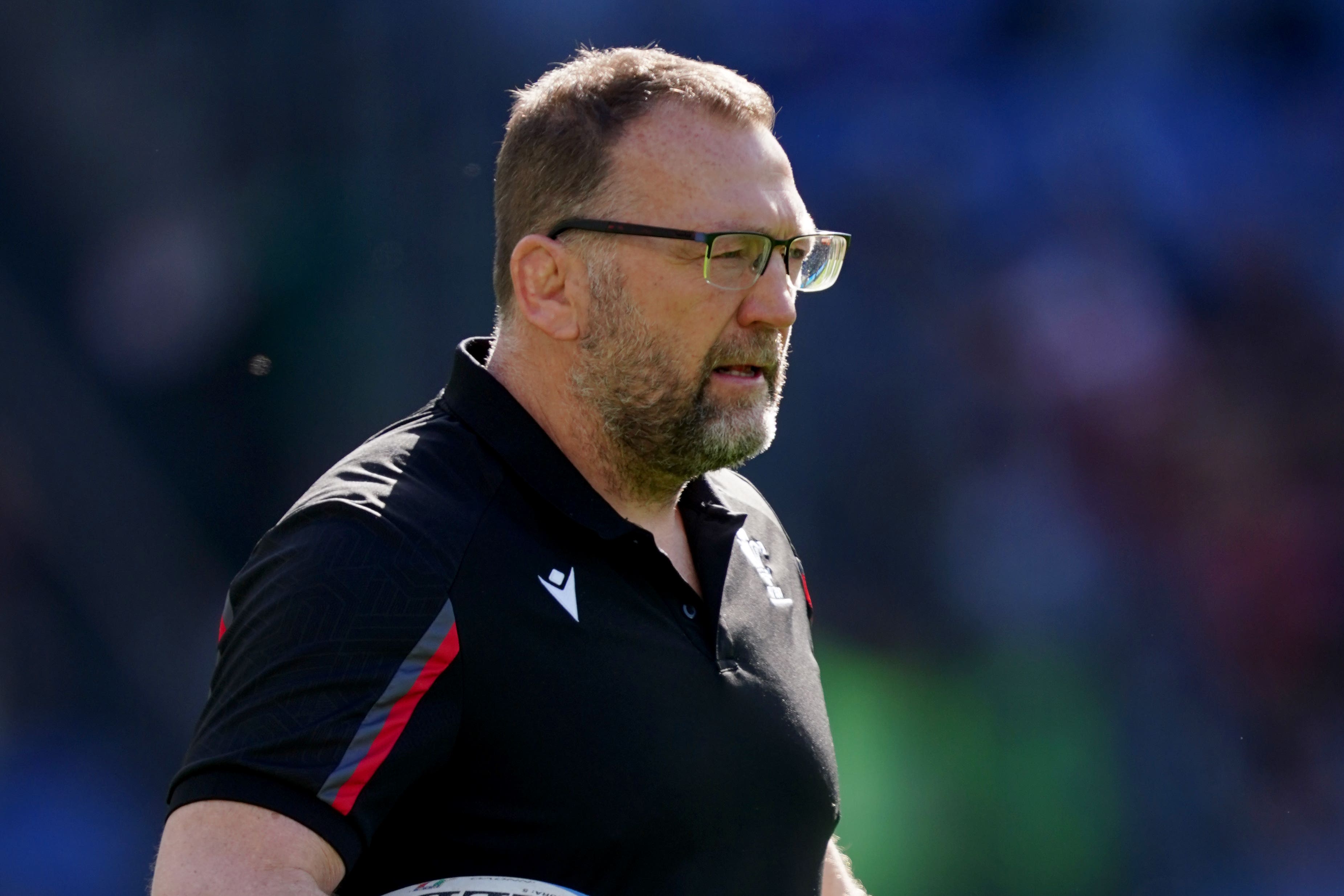Teams underestimate ‘intimidating’ Principality Stadium – Jonathan Humphreys
Wales have not lost against their opening Six Nations opponents Scotland in Cardiff since 2002.

Wales assistant coach Jonathan Humphreys knows from personal experience how “noisy and intimidating” the Principality Stadium can be for visiting teams.
And Scotland – Wales’ opening Guinness Six Nations opponents in Cardiff on Saturday – have found it tougher than most.
They have lost 11 successive games in the Welsh capital – nine Six Nations fixtures, a World Cup warm-up match and an autumn Test.
Humphreys was part of the Scotland coaching staff for two of those losses, a 51-3 reversal when Stuart Hogg was sent off in 2014 plus a 27-23 defeat two years later.
It is 22 years since Scotland last won at the venue, when current head coach Gregor Townsend lined up in a team that won by five points courtesy of injury-time penalties from Brendan Laney and Duncan Hodge.
The Scots did claim an away victory four years ago but that encounter was played at Parc y Scarlets, Llanelli, with the Principality Stadium being turned into a hospital during the coronavirus pandemic.
“I think people underestimate the stadium – how noisy and intimidating it is,” former Wales captain Humphreys said.
“When you are the other side of that it hits you. It is not a nice place to come, especially if Wales are on the front foot and going well and the crowd are behind them.
“That is a challenge in itself. I know lots of people talk about the atmosphere.
“When the stadium was built, there were a few of us who were asked our opinion from the old stadium, and what we wanted was the ability still to be enclosed like the old Arms Park was.”
Despite recent history, the bookmakers are confidently predicting a Scottish win against a Wales team without many familiar faces.
Dan Biggar and Leigh Halfpenny retired from Test rugby after the World Cup, Liam Williams is playing in Japan and Louis Rees-Zammit has quit rugby union to try and forge an American football career.
Injuries have also hit Wales, with World Cup co-captains Jac Morgan and Dewi Lake set to miss the whole Six Nations along with 104 times-capped number eight Taulupe Faletau.
Almost half of Wales’ 34-strong Six Nations squad have cap totals in single figures, while they are captained for the first time by 21-year-old Exeter lock Dafydd Jenkins.
On the squad newcomers, Humphreys added: “It has been good. There is loads of energy, and they are lapping it up.
“The reason they are in here is because we feel they can play international rugby, and their form with the clubs has shown that.
“They are super-keen, super-hungry and they will have experience of Test rugby during this campaign.
“The level of expectation within the group is high. You are still expected to perform, you are still expected to win.
“We want to get these boys up and running as quick as we can, we want them to experience success as quick as we can. Whenever that comes, the sooner the better, really.
“It is difficult to tell people what it’s like to run out in front of 70,000 people in a Six Nations game.
“You can’t really prepare that. All you can do is try and mimic the intensity of what it is in training, and try and make it more intense and make sure this game does not pass you by.”
Subscribe to Independent Premium to bookmark this article
Want to bookmark your favourite articles and stories to read or reference later? Start your Independent Premium subscription today.
